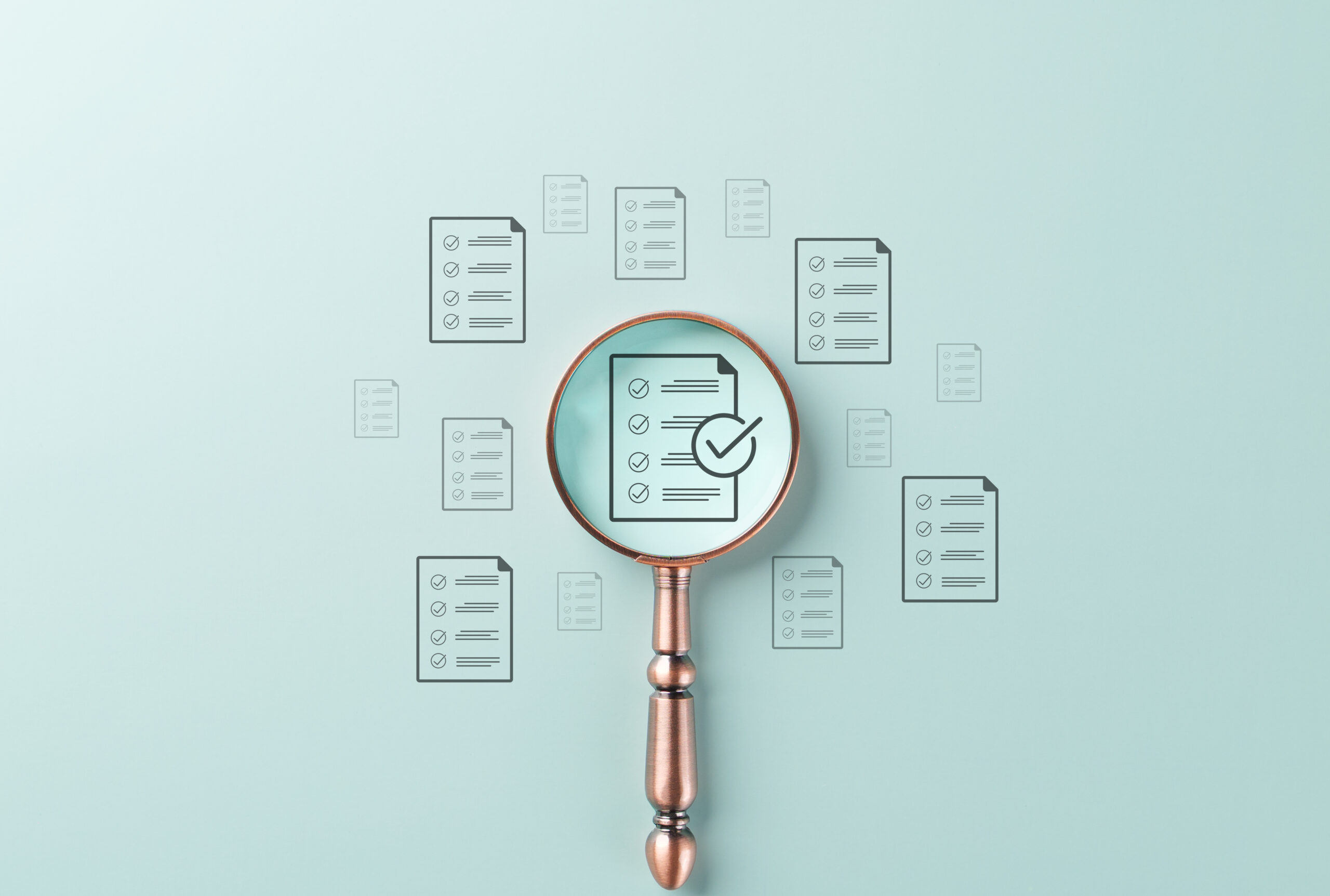Anxiety is rising at work, James Milford offers insight on the problem and suggests some simple ways to help people manage their worries
If you have noticed that you are more anxious recently, then you are not alone. The last three years have seen a global rise in anxiety and anxiety disorders and this is hardly surprising. Throughout this time our daily life has been infused with news of challenge, difficulty and uncertainty. The sudden appearance and ongoing fallout of the pandemic would be enough on its own to increase anxiety levels, but we have to contend with an open-ended war in Europe, a cost-of-living crisis, wider economic uncertainty and ongoing environmental issues, and all of this places an unrelenting strain on our resilience.
For many anxiety has begun to play a larger role in their lives. The emotional side of anxiety – feelings of stress, sadness, frustration, fear and isolation – increasingly shape our decisions, thought processes and emotional responses. And the impact is not only personal as it spills over into our professional lives, affecting our ability to work effectively.
Lou Campbell, expert in wellbeing says: “Anxiety doesn’t fit into neat boundaries of ‘home life’ and ‘work life’ wherein we can leave our anxiety at the door of our workplace. These emotions and reactions stay with us, affecting our focus and engagement at work, creating a vicious cycle where the pressures associated with struggling to meet professional responsibilities feed into and exacerbate existing anxieties”.
This is not simply an ‘issue’ to be aware of anymore, it is becoming a workplace health crisis that needs effective HR leadership
And this reality is much more widespread than you may think. Anxiety, and its fellow travellers of stress and depression, make up nearly half of all the work-related illnesses in Great Britain, with an estimated 17 million workdays lost to these conditions in 2021-22. This is not simply an ‘issue’ to be aware of anymore, it is becoming a workplace health crisis that needs effective HR leadership.
It is imperative, for both the mental wellbeing of our staff and for the organisation itself, that HR departments prioritise supporting staff who are struggling, offering the assistance and services they need to help reduce anxiety and enable them to contribute effectively to their workplace.
It is important to be proactive in encouraging people to ask for help. Anxiety is a daunting experience and people suffering often engage in a struggle with their anxiety, a struggle that includes various understandable but unsatisfactory responses such as distraction, avoidance, suppression and denial. These responses simply deepen the anxiety and can leave people feeling mentally and physically exhausted as they exert more and more energy in trying to avoid the emotional and cognitive symptoms of anxiety.
So how do individuals and organisations respond to this challenge? At the heart of any strategy is empowering the individual to know that anxiety is not something to be afraid of and that they have the resources needed to reduce their anxiety. Although it may seem counter intuitive, to manage and reduce anxiety, we as individuals have to get to know our anxiety better, to understand what it is trying to tell us. Professor Mark Williams argues that our first step must be to ‘befriend our anxiety’. People with anxiety use up so much energy trying to avoid their anxiety, but this is like trying to outrun your shadow on a sunny day. When you stop running, it is still there. We need to change the way we respond to anxiety, seeing it not as the enemy to defeat, but something that wants attention, to be cared for. This approach gives us back a sense of agency and control in the face of the overwhelm that anxiety brings with it.
And this is where organisations step up. They need to bring in the professional support and make it accessible for those experiencing heightened levels of anxiety, highlighting that their wellbeing is central to their thinking. Counselling, cognitive and behavioural techniques and mindfulness are all clinically proven ways of managing and reducing anxiety and have a history of being used successfully within professional environments. Such support teaches people to relate differently to the emotions, sensations and thoughts that shape and sustain our anxiety. They help them ride out the waves rather than be pulled under by them and over time skilled, professional support helps individuals develop the resilience needed to manage life’s challenges on their own.
This type of professional support is key. It offers a safe space for individuals to explore their anxiety and learn concrete skills and techniques to reduce anxiety and be more responsive to those behaviours that sustain it. This support is stabilising people until they are strong enough to walk alone.
Here are three tips for those struggling with increased anxiety, they can be the first steps towards better mental health and help you begin your journey of facing anxiety and flourishing.
1. You are not alone: Anxiety can make us feel isolated, creating the sort of social and behavioural retreat that deepens the experience of anxiety. Knowing that you are not alone normalises anxiety and can help us engage in the support we need.
2. Thoughts are not facts: Anxiety is fuelled by negative thoughts called “cognitive distortions” that keep us locked into mental scenarios that serve only to make us feel worse. If we can take a mental step back and see our thoughts as just opinions rather than facts, it can help us be less caught up in the thought processes that sustain our anxiety.
3. The breath is your ally: When anxiety strikes, we can feel overwhelmed. A simple tip to slow our stress response it to consciously focus your attention on the breath. Concentrate on the breath where you feel the sensations mostly strongly, and for a few moments, purposely slow and deepen both the in breath and the out breath. Doing so stimulates the parasympathetic nervous system, sending a ‘stand-down’ signal to the alert centre of the brain!
James Milford is head of behavioural sciences at Wellbeing Partners




